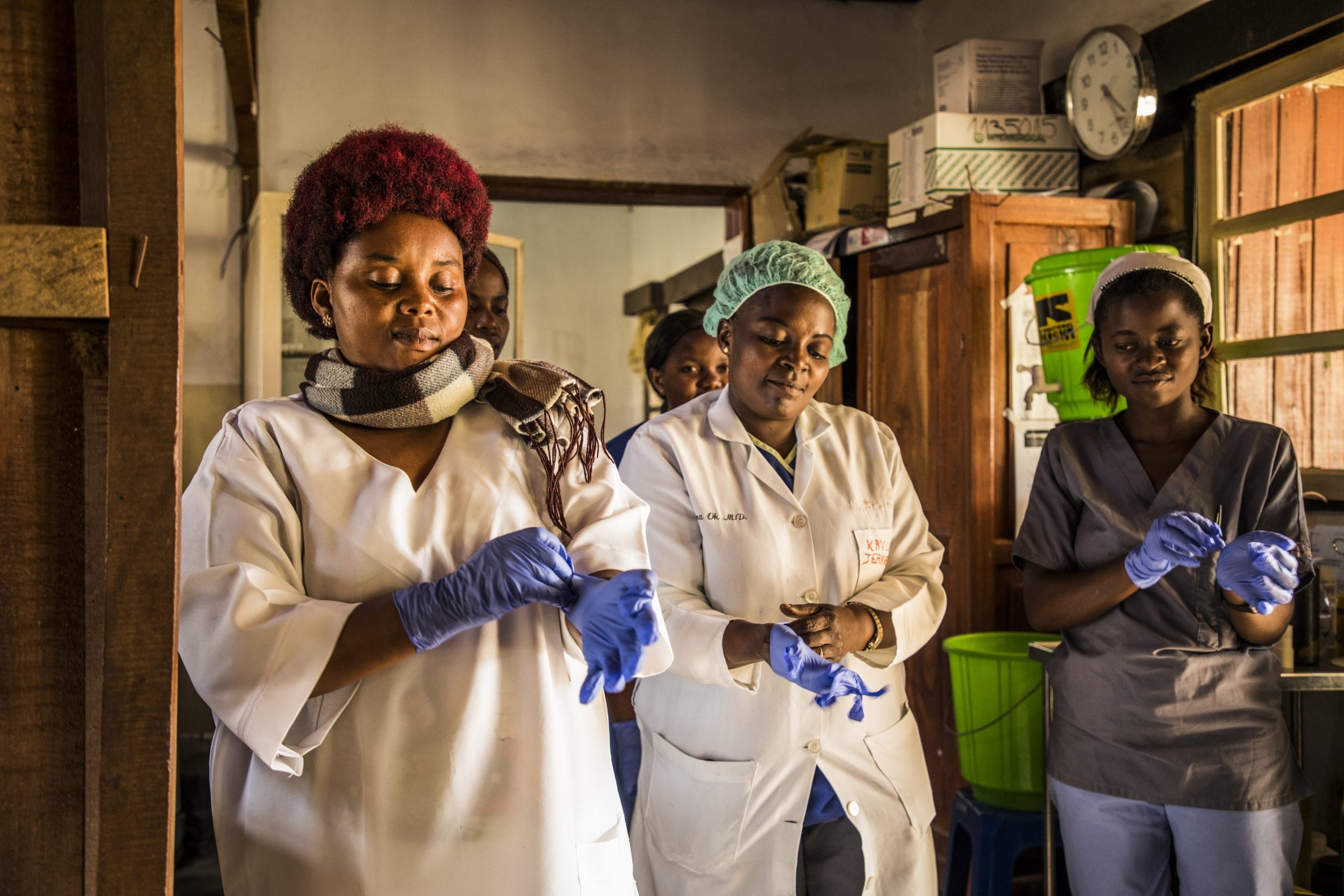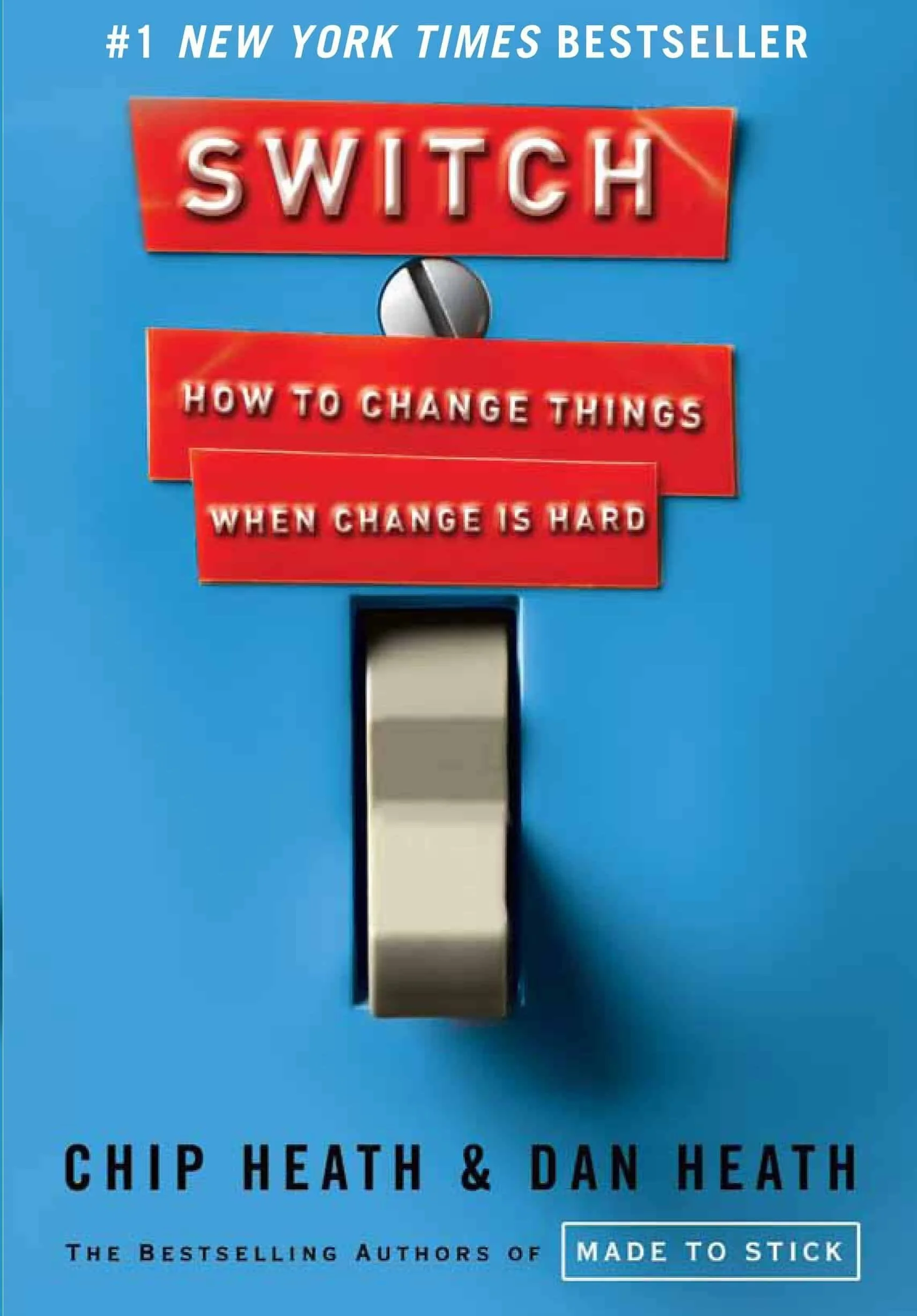
Working to Improve Access to Quality Health Care in DR Congo
Healthy living is vital to any society. In DR Congo, access to quality health care is difficult, however it is improving. Our mission is to come along side the Congolese citizens, providing resources directly to the area of need by avoiding delays and cost associated with government and non government organizations involvement to expedite and empower them to reduce the obstacles associated with limited access to quality health care.
Hygiene / Prevention
The Democratic Republic of Congo (DRC) has over 50% of the African continent’s water reserves but despite this tremendous potential, 33 million people in rural areas still lack access to quality water. Despite sustained efforts, only 52% of the population has access to an improved water source and 29% has improved sanitation facilities.
At the same time, chronic malnutrition affects 43% of children between 0 and 5 years of age throughout the country. Malnutrition is a result of multiple causes, such as lack of access to safe drinking water, sanitation services and failure to practice basic hygiene practices. Generally, access to safe water and to adequate sanitary and hygienic conditions make it possible to prevent many other waterborne diseases. On the other hand, chronic conflicts in several provinces facilitate the spread of water-borne diseases due to large movements of population. The arrival of displaced people in host communities, with a low rate of access to drinking water, increases the pressure on available resources.
Switch:
How to Change Things When Change Is Hard
Switch asks the following question: Why is it so hard to make lasting changes in our companies, in our communities, and in our own lives? The primary obstacle, say the Heaths, is a conflict that’s built into our brains. Psychologists have discovered that our minds are ruled by two different systems—the rational mind and the emotional mind—that compete for control. The rational mind wants a great beach body; the emotional mind wants that Oreo cookie. The rational mind wants to change something at work; the emotional mind loves the comfort of the existing routine. This tension can doom a change effort—but if it is overcome, change can come quickly.
In Switch, the Heaths show how everyday people—employees and managers, parents and nurses—have united both minds and, as a result, achieved dramatic results:
The lowly medical interns who managed to defeat an entrenched, decades-old medical practice that was endangering patients.
The home-organizing guru who developed a simple technique for overcoming the dread of housekeeping.
The manager who transformed a lackadaisical customer-support team into service zealots by removing a standard tool of customer service.
In a compelling, story-driven narrative, the Heaths bring together decades of counterintuitive research in psychology, sociology, and other fields to shed new light on how we can effect transformative change. Switch shows that successful changes follow a pattern, a pattern you can use to make the changes that matter to you, whether your interest is in changing the world or changing your waistline.
— Heath Brothers


